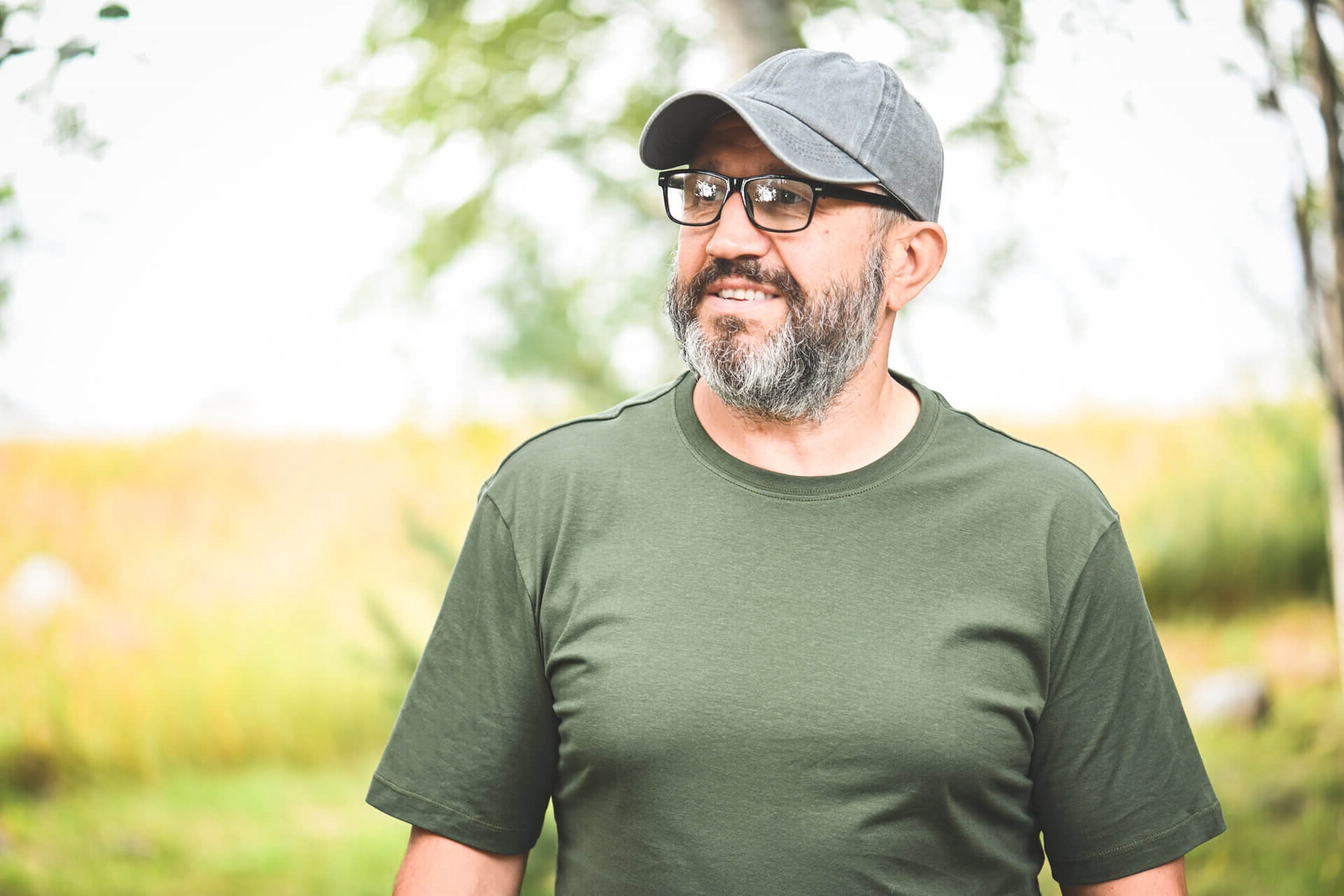
Keeping connected is valuable to veterans. Julia Cham, APM WorkCare’s Lead Rehabilitation Consultant should know.
She has over 12 years of occupational rehabilitation experience, providing injury management and return to work services to our veteran community, along with a range of industries including defence force, healthcare, administration, transport, and local, state and federal governments.
As part of Veteran’s Health Week, Julia talks about how important it is for veterans to find and keep meaningful connections and how those relationships can benefit their overall health and wellbeing.
The importance of community and connection
For veterans, connection with a community is extremely beneficial.
Taking part in an activity, especially one that’s meaningful to them, helps with improved mental health and feelings of wellbeing.
Plus, attending regular community activities helps them create a safety net – a network of people who care about their welfare.
The difficulty of staying connected post-service
It can be challenging for veterans to connect with civilians after returning home because of what they’ve experienced when in service.
It can also be daunting stepping into something new and unknown, particularly with conditions like PTSD or anxiety, where the situation requires a surrender of control over the environment.
Plus, with mood conditions like depression, it can be hard to be motivated to get out of bed, get dressed, or leave the house, due to low mood.
There are, however, veteran communities and a large range of ex-service organisations that offer help to veterans if they need it.
Strategies to stay connected during rehabilitation
There are many advantages to a tailored approach. Understanding the veteran, what they do with their time, what matters to them, and then developing goals that have their buy-in to achieve.
In terms of connection to networks, there needs to be more purpose than just ‘making sure you’re safe’ – the network needs to mean something to the veteran, if they’re completing an activity, or to connecting with a group within the community.
Advice for those who are hesitant about seeking help
Some veterans feel unsure about asking for support when it comes to connection.
But there is hope. It can be tricky, or overwhelming, but sometimes it’s just about finding the right way to stay connected in their local area.
Having an experienced rehabilitation consultant can help identify a range of things they might not be aware existed.
Long-term strategies for veterans after a rehabilitation program
Making friends and ensuring regular catch ups with them, is a great way to maintain connections when rehabilitation is over.
Plus, making sure the activities they’re doing are cost effective and sustainable.
Connection’s effect on rehabilitation and recovery outcomes
With veterans, finding meaningful connections helps improve overall mental health, including self-management of mental health.
It can also be a means of completing incidental physical rehabilitation, which leads to improved function for day-to-day life, or employment.
Some links also lead to ongoing employment, which helps with financial wellbeing, as well as improved mood and function.
In conclusion, maintaining meaningful connections is vital for the health and wellbeing of veterans.
Whether it's through community activities, veteran groups, or long-term strategies post-rehabilitation, the support that comes from a network of understanding individuals cannot be understated.
Organisations like APM WorkCare understand this and are committed to assisting veterans in finding those connections and networks that resonate with them and meet their unique needs.
During and beyond Veteran’s Health Week, we are passionate about helping veterans navigate the challenges of post-service life and to support their journey towards recovery through meaningful engagement and personalised services.
Learn more about our Veteran Support Services.

About Julia Cham
Julia Cham is a Lead Rehabilitation Consultant and a Team Leader at APM WorkCare within the Brisbane team.
Julia has over 12 years of occupational rehabilitation experience, providing injury management and return to work services to our veteran community, along with a range of industries including defence force, healthcare, administration, transport, and local, state and federal governments.
Julia has worked with various government legislations with a focus on returning clients back to their pre-injury role or an alternative role.
Julia effectively manages clients with highly complex physical and psychological concerns and achieves good outcomes through addressing psychosocial barriers and motivational interviewing.
Julia believes that proactiveness in return to work is a crucial step in rehabilitation.
Julia has strong communication skills and builds rapport quickly with clients and other stakeholders to effectively manage competing stakeholder interest and facilitate best practice outcomes.
